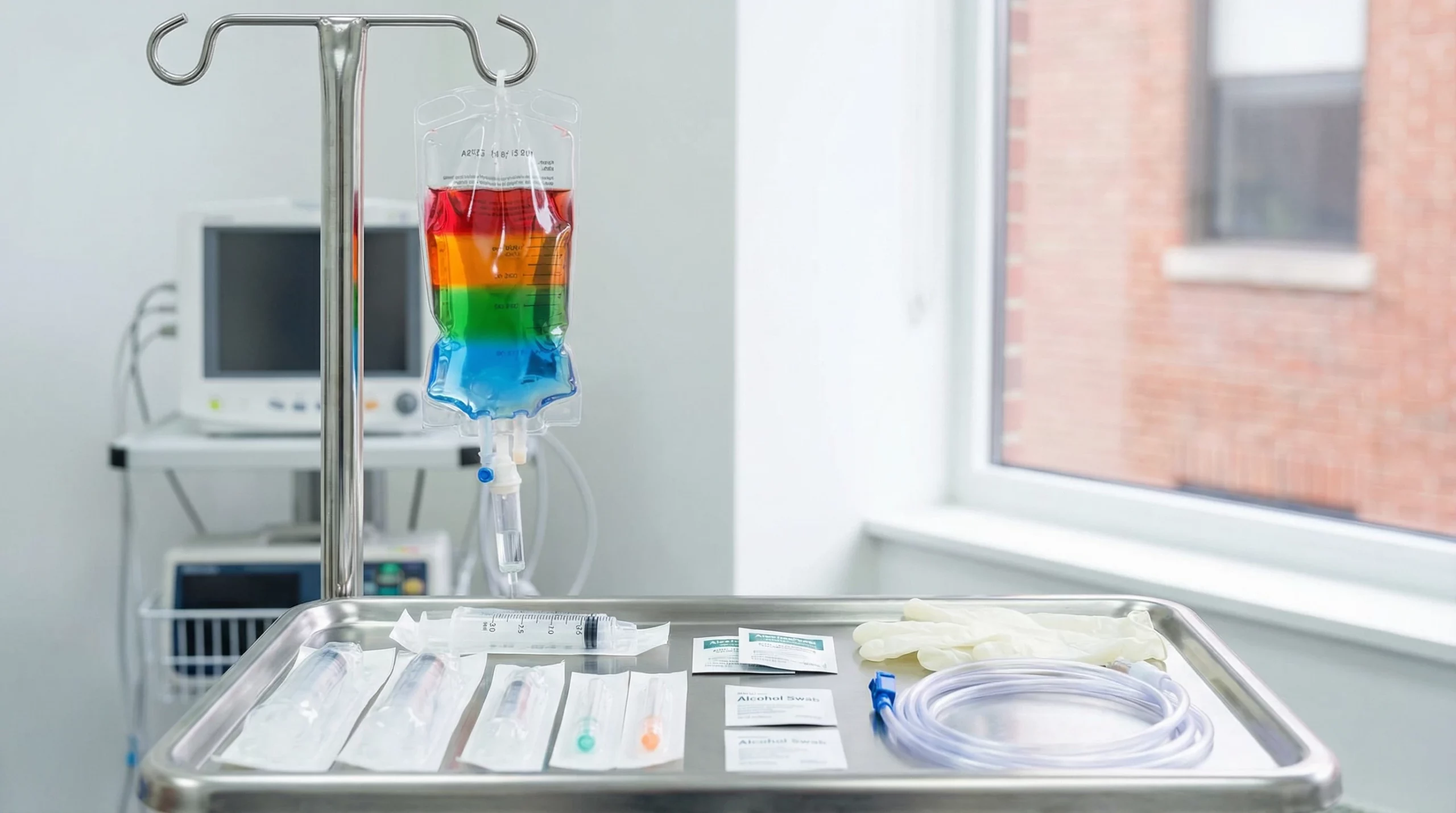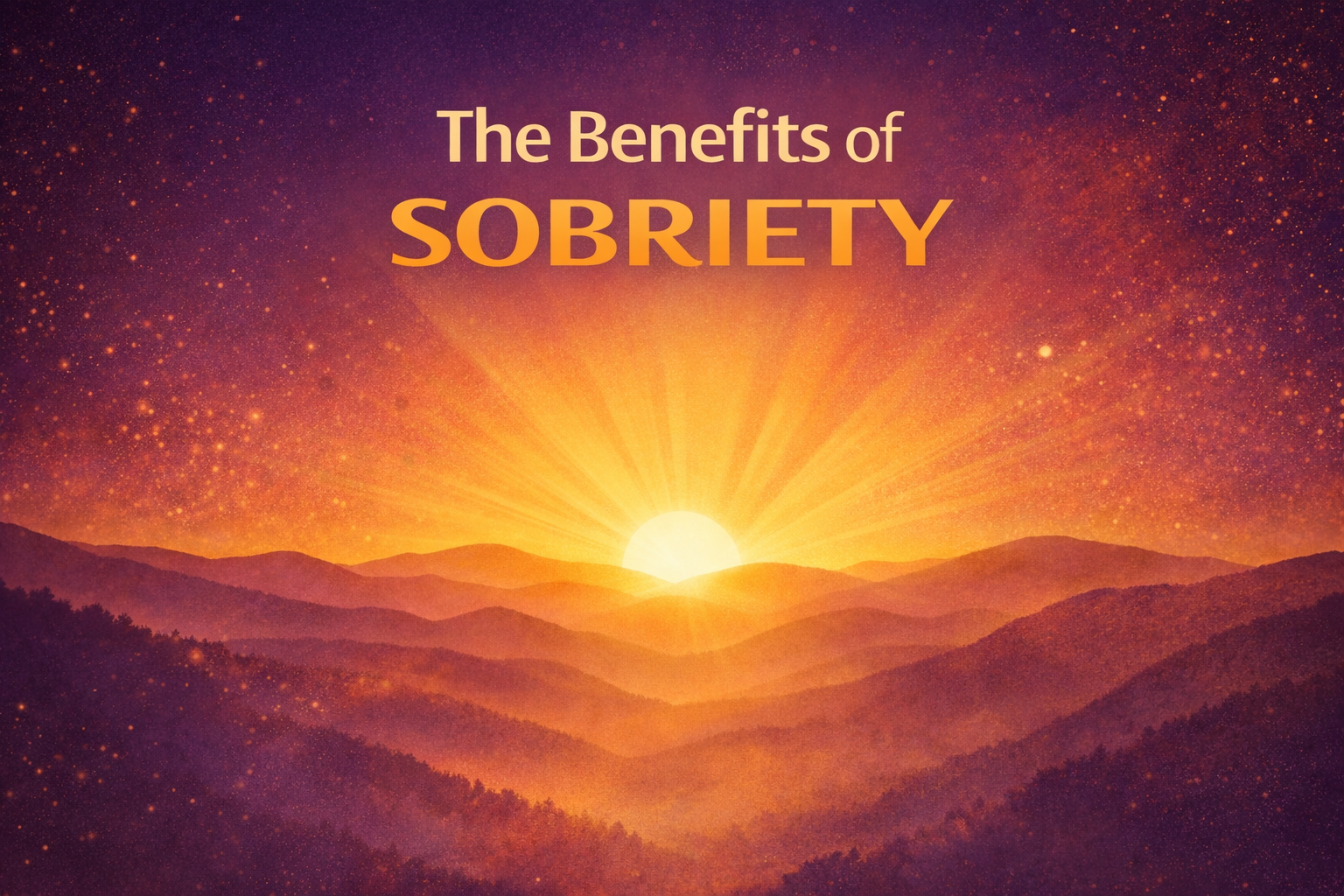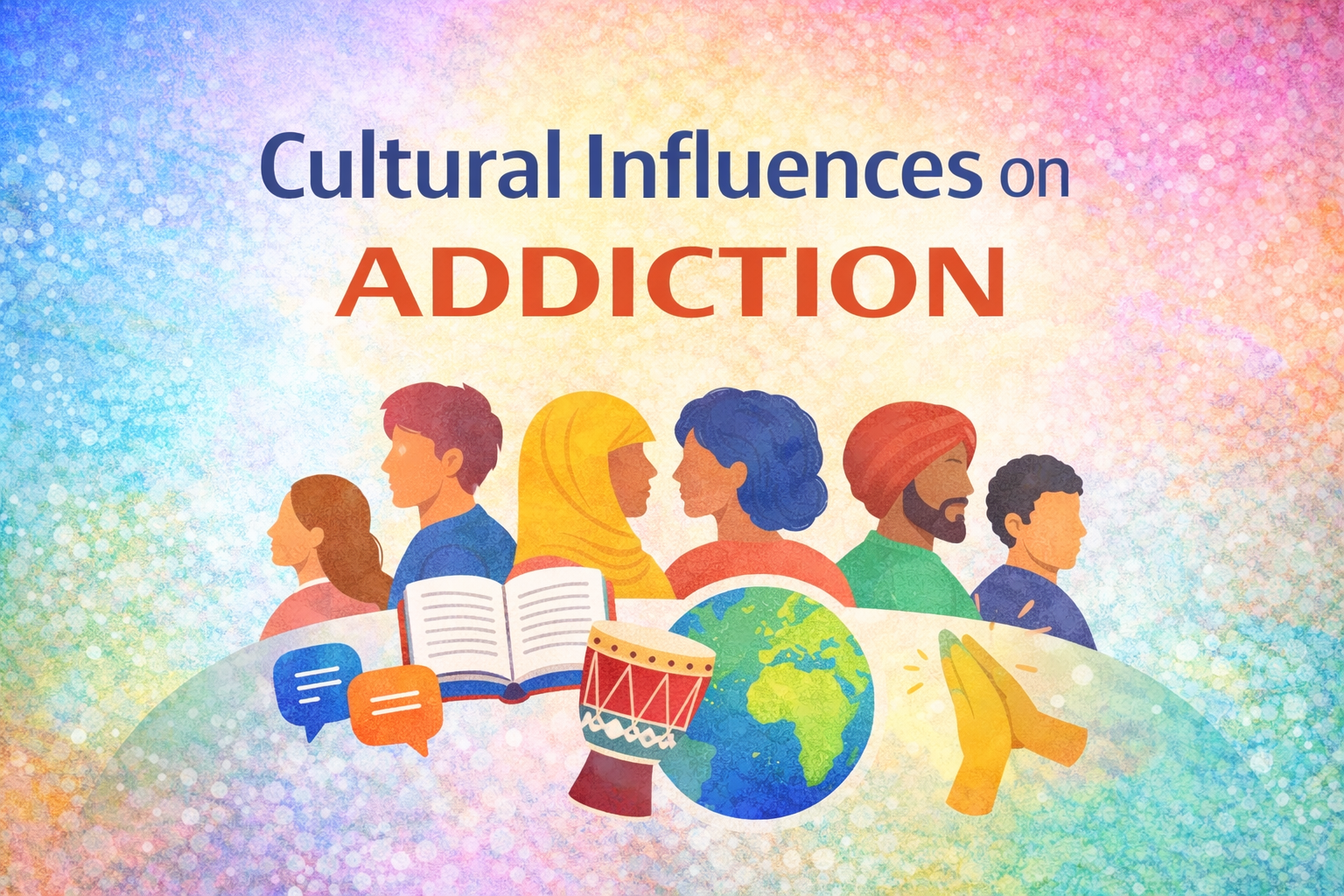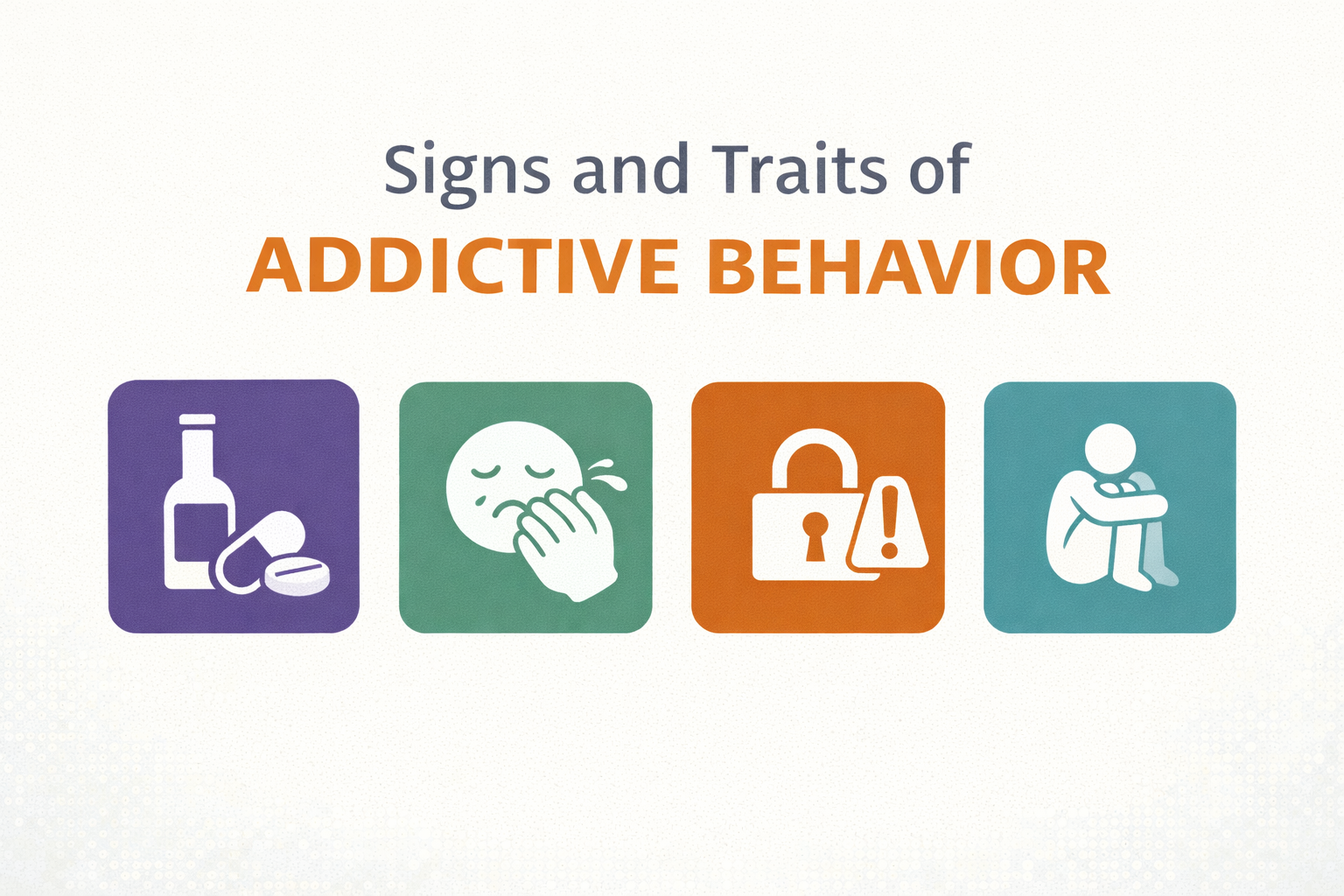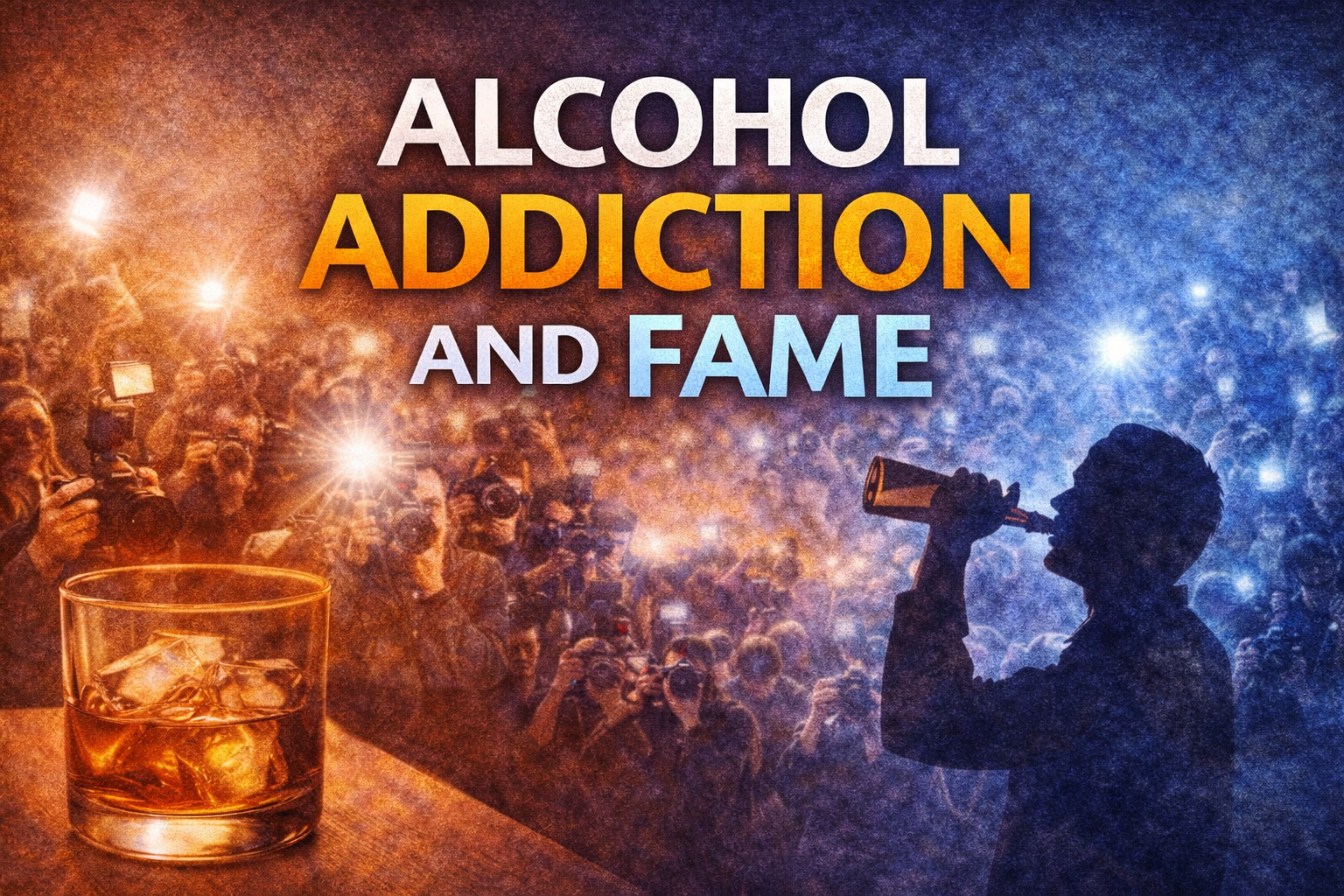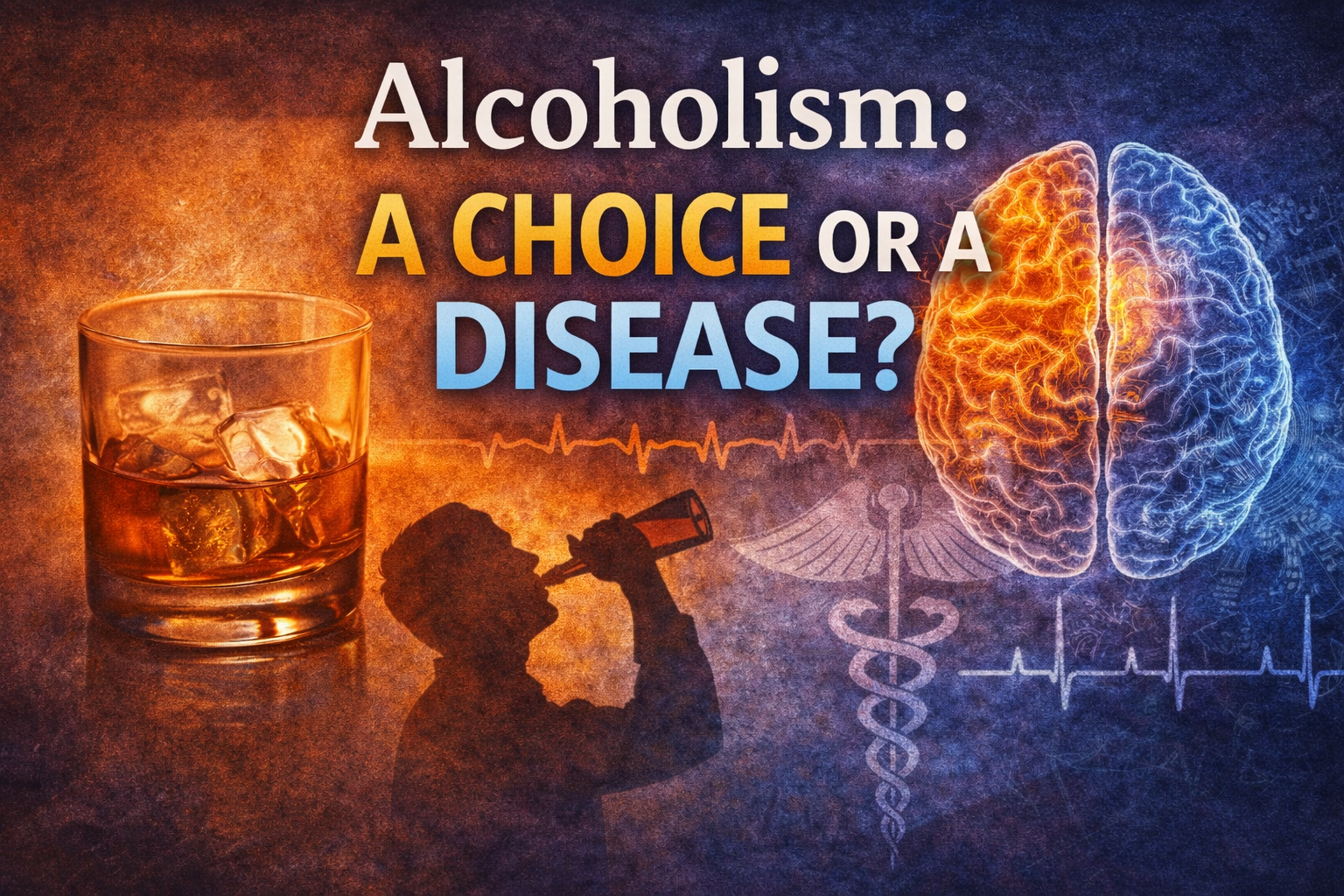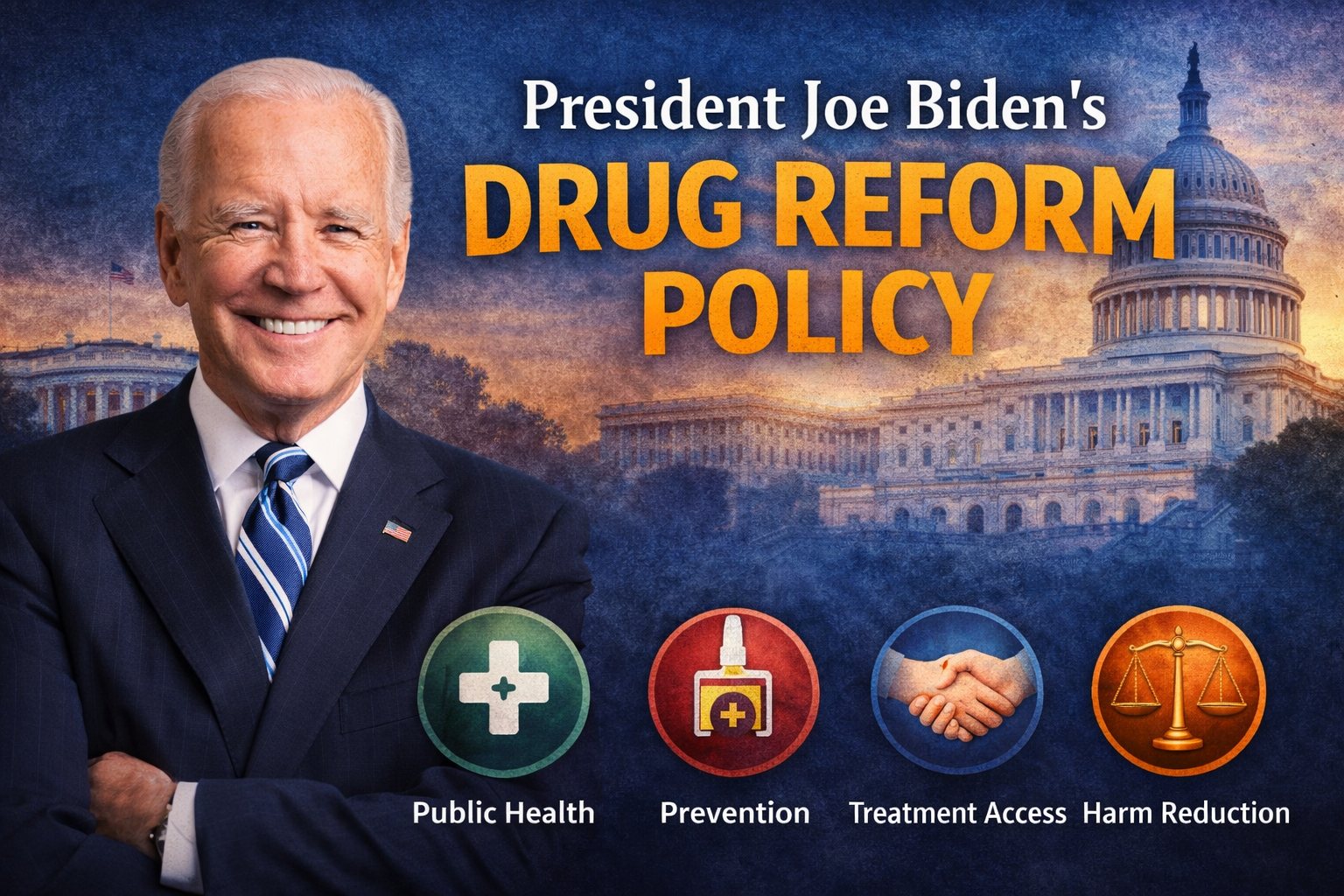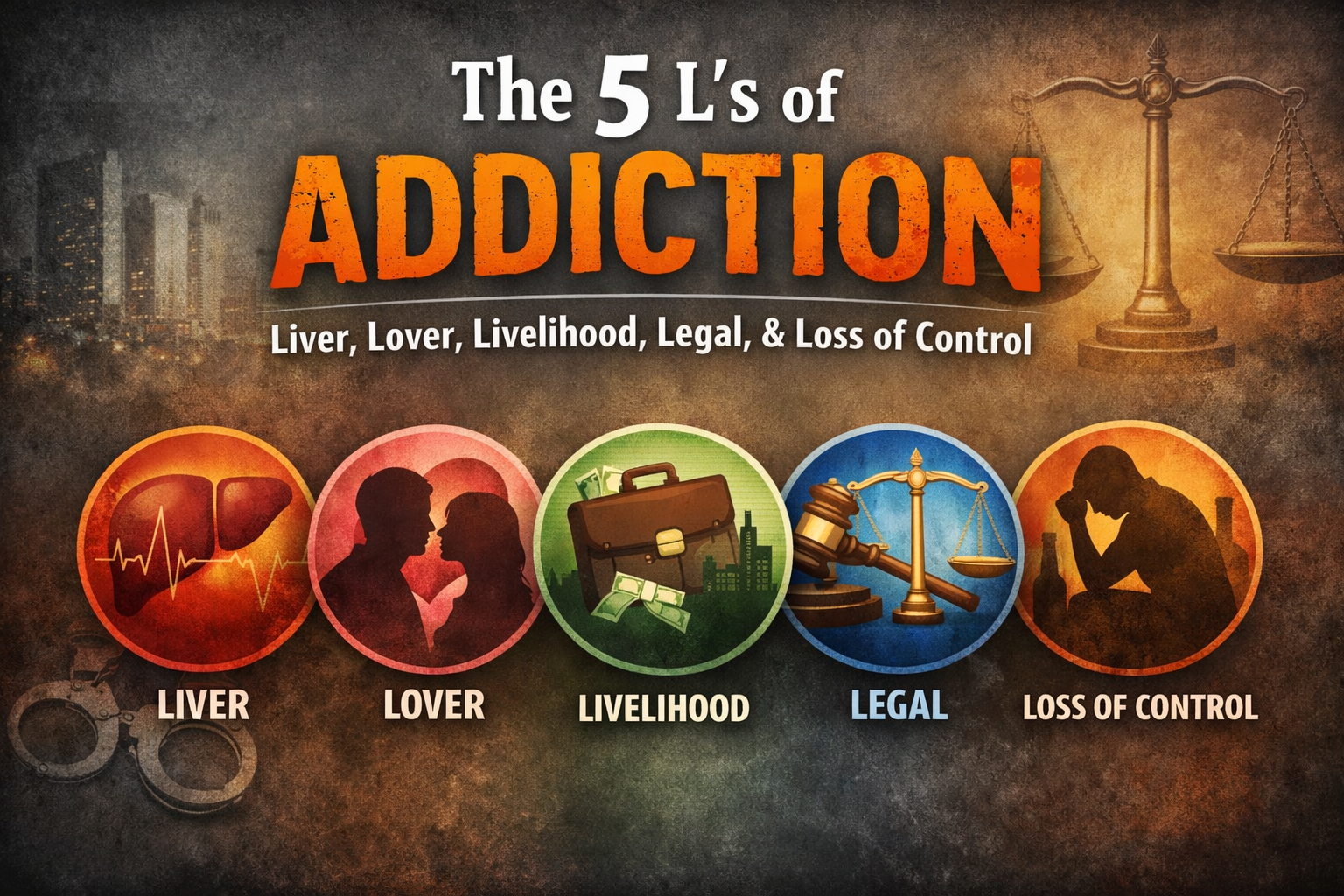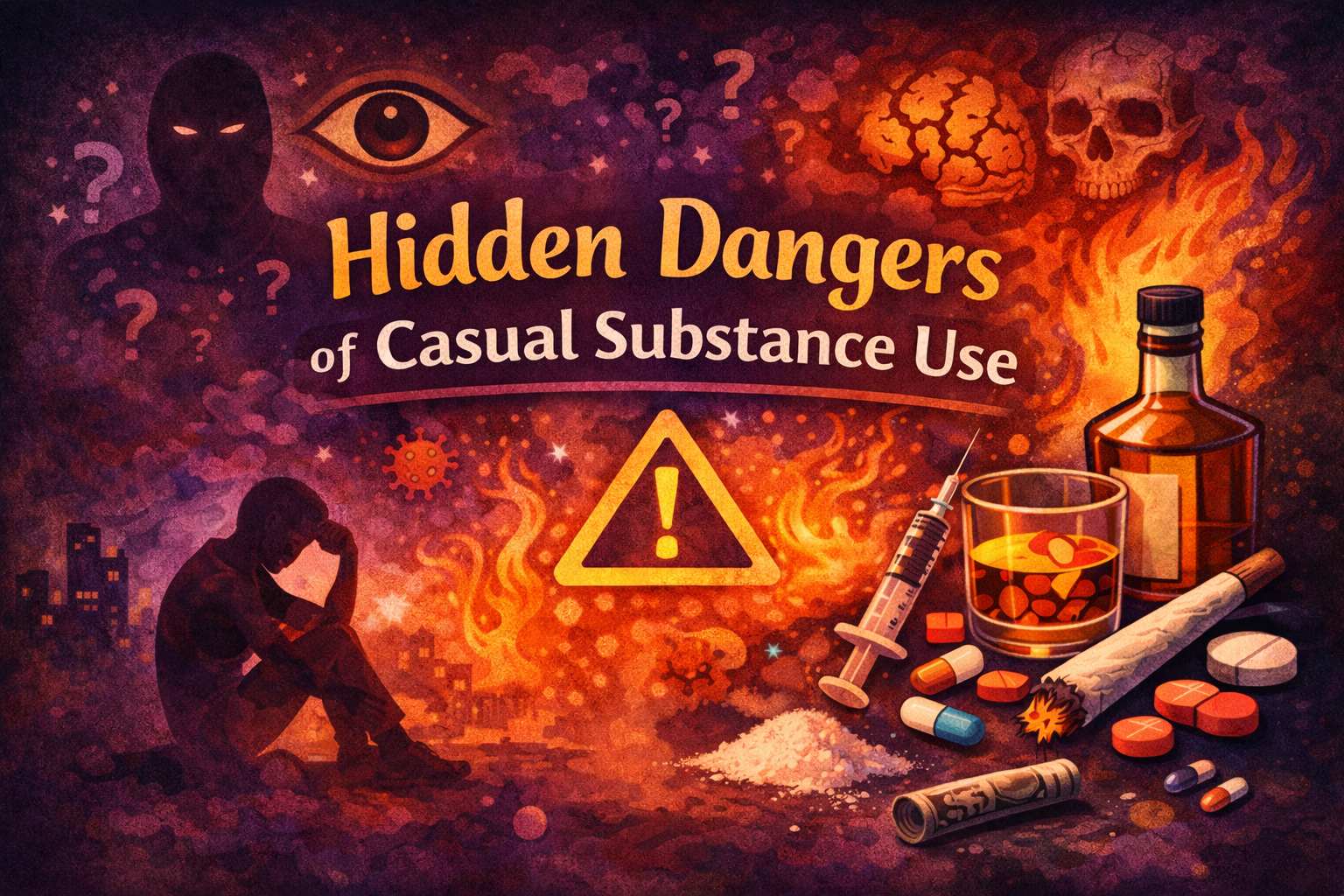IV Therapy In Addiction Recovery
If you’ve heard mixed things about IV therapy in addiction recovery, you’re definitely not alone. It’s a topic that sparks a lot of discussion and sometimes confusion, especially with all the buzz surrounding IV therapy in wellness circles. More recently, IV therapy has made its way into the conversation about addiction treatment, where its potential … Read more
